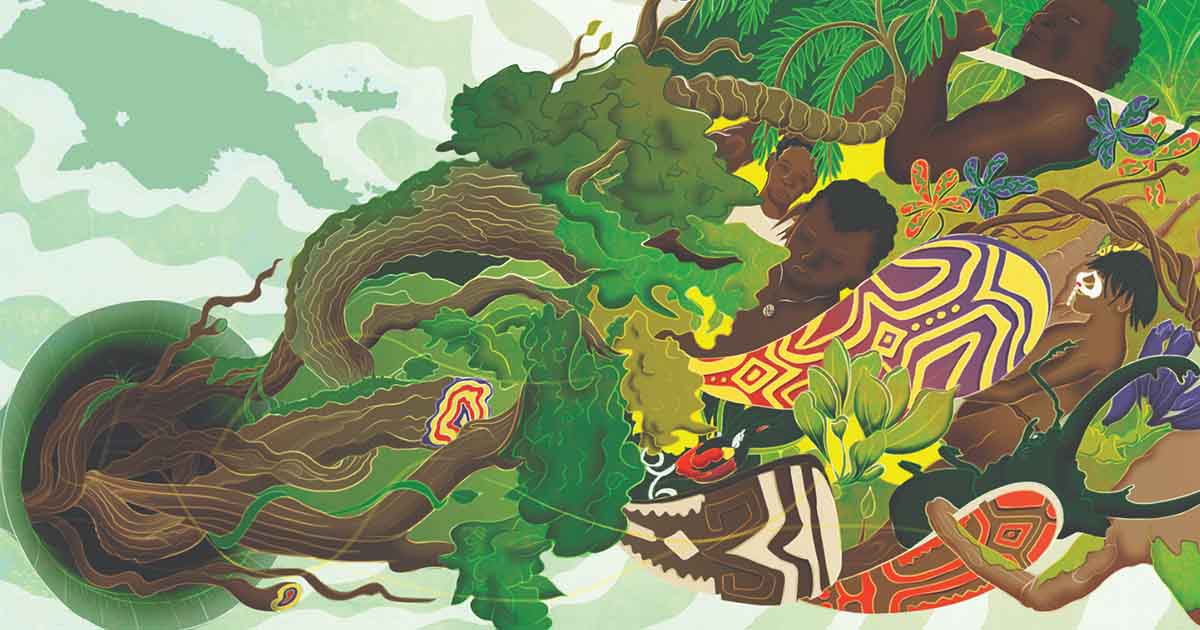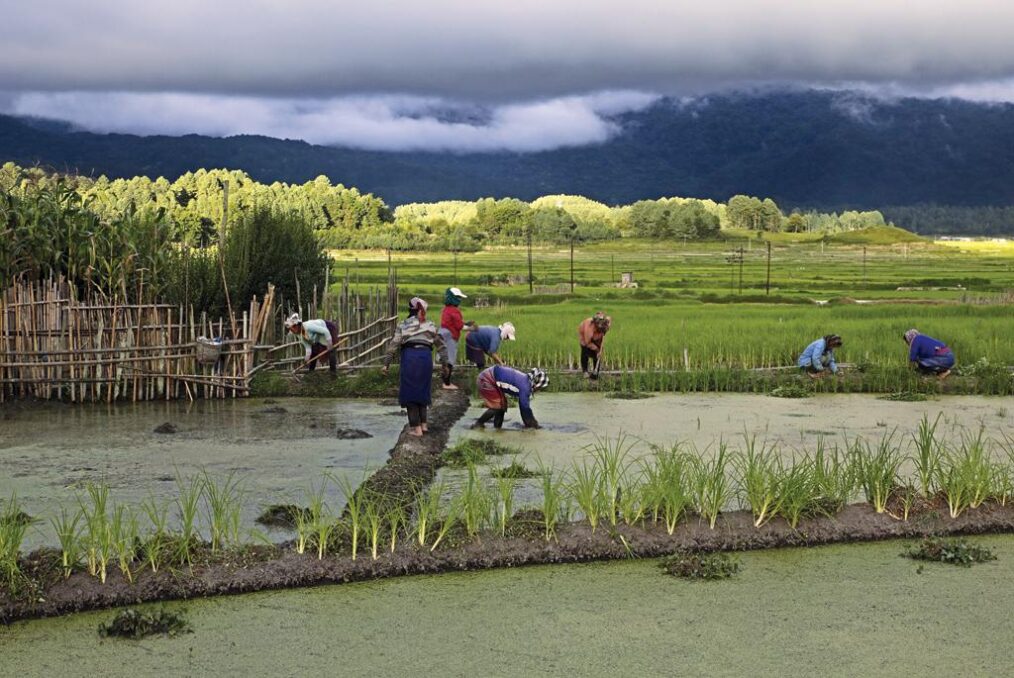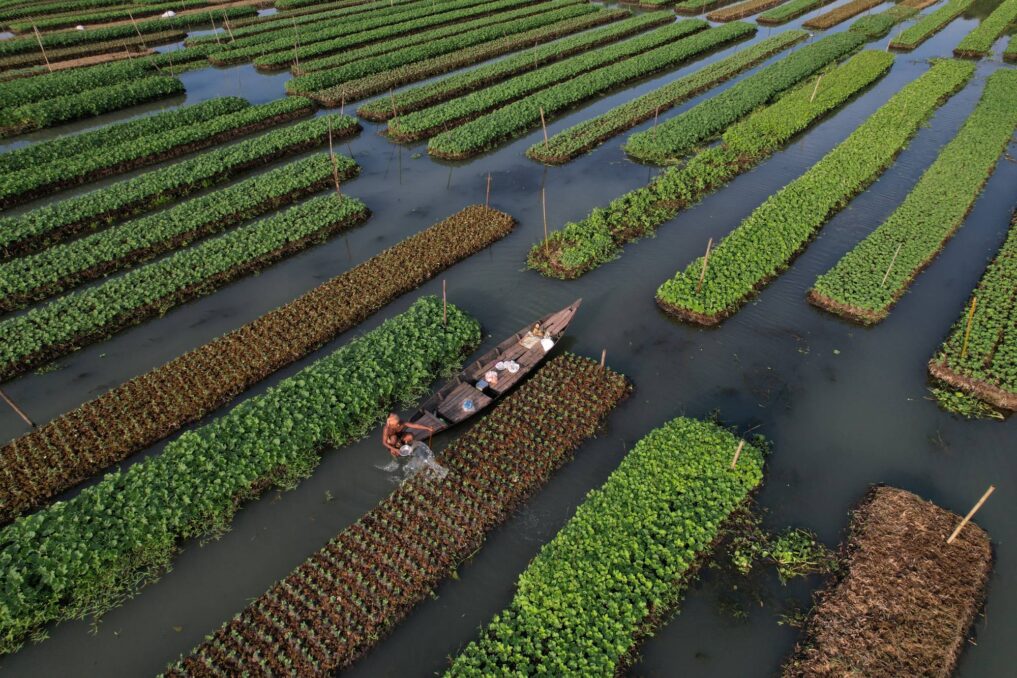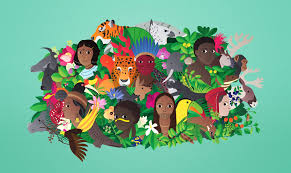Wildfire in Kelowna, a city in Canada burned for 19 days consuming 976 hectares of land. But this spread of flames was obstructed by a fire prevention zone created by a logging company which is owned by the indigenous community of the region.
As wildfires ravage the lands of the western part of the globe and warn nations across the world of more such devastating disasters, the case of Canada provides valuable insights and steers our attention towards the invaluable role that indigenous communities can play in working for the nature and in time, defending against it.

Indigenous Knowledge for Conservation

As per a report, the indigenous managed lands account for 28% for the total global area and provide for some of the most intact and stable biodiversity hotspots in the world. A report published by Food and Agricultural Organisation believes that the reason behind this is their collective rights over land, traditional knowledge and cultural practices.
In this context, the indigenous communities across the world become essential stakeholders in climate change and sustainable development mitigation programmes. Traditional knowledge systems across the world have facilitated food security, water preservation, soil conservation and preservation of flora and fauna. The spiritual relationship of these communities with nature allows them to treat them with respect and sensitivity.
Cases include the three sister approach where growing of beans, corn and squash together nurture each other; wet rice cultivation by Apatani tribes of Ziro valley; Garasia tribes of India that possess knowledge of ethnomedicine; Dapo technique to protect the Himalayan squirrel; Utera farming by tribal communities of Madhya Pradesh and many more such mechanisms whose integration with the mainstream society can provide for efficient and sustainable practices for maintenance of ecological balance.
Indigenous Knowledge Against Nature’s Wrath

Studies have shown that instances such as wildfires are not solely a product of global warming but also a result of agricultural and afforestation practices which lack deep rooted cultural and environmental understanding of ecology.
In light of such realties, initiatives like “With Preparing Our Home” in Canada work with the indigenous communities to develop strategies for dealing with situations of emergency. They conduct training programs for the youth to be able to facilitate orderly evacuations. These youths then go back and help the elderly of their communities while preparing their communities for such future occurrences.
The knowledge of these indigenous communities who have practised cultural burning for centuries for replenishment of land understand ways to curb them as well. whether it is plantation of fire resistant tree or creation of patches that can slow the spread of such disasters, their knowledge gives valuable insights.
A study conducted in Tsholotsho district in Matabeleland, North province of Zimbabwe showed that the communities there are aware of local weather patterns and can predict the intensity and duration of monsoons, in turn warn about incoming flood like situations. Similarly, Aztec method of farming in Mexico helped them remain secure during the pandemic. The method of floating islands in Bangladesh provides for harvest even during floods. The Fermont community practices cultural burning that helps avoid wildfires even during droughts. In Vietnam, communities are growing mangroves to protect them against rising sea levels.
The above mentioned cases show that these communities aren’t only capable of conserving nature but also predict and develop mitigation strategies in situations of emergency.
The Way Ahead
The sacredness that is associated with nature makes the indigenous people across the world the true stakeholders of nature and its resources. It gives them the ability to understand nature and tame it to serve the needs for their community without hurting it. Their relationship is exemplary for the humans who remain external to nature’s way of functioning.
With rapid development nature is losing stability and so are these communities. the indigenous people’s knowledge, which is passed on orally is not being documented. Their integration with the mainstream society has distanced them from their roots.
It is important to acknowledge here that the loss of their cultural tradition is a loss for humanity. They represent hope for the future as they are the only ones who can help us understand the mannerisms of nature, conserve it while protecting ourselves. Thus, it is imperative to recogniZe the indigenous people as important stakeholders, integrate their knowledge into policies for climate mitigation and help them preserve their cultural heritage.













